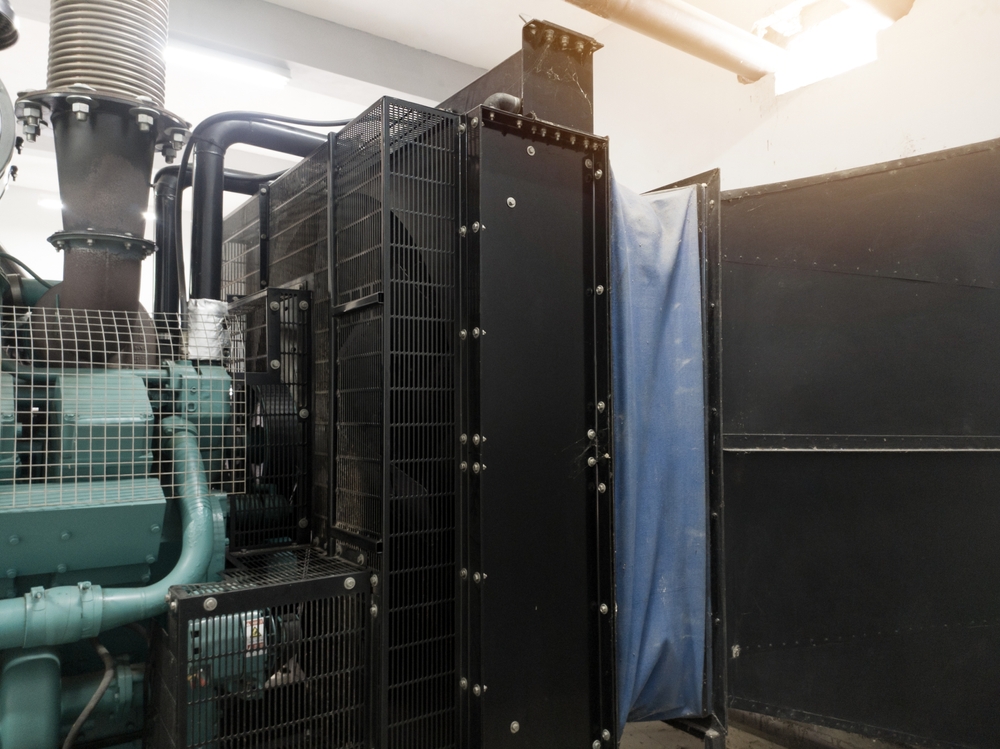Generator radiators are designed to keep generators cool and performing effectively. Often used as backup power for companies, businesses, and homes, keeping the generator working effectively at all times is essential. And this includes the generator radiator. But what are the common problems that generator radiators experience? And what can you do about these?
So, what are the common problems that generator radiators experience?
There are a number of problems that generator radiators can experience. These include:
- Leaks- One of the most common issues with generator radiators is leaking. Radiator leaks can come from cracked hoses, faulty seals, damaged cores, or corroded metal. This can be a significant issue, especially if the generator isn’t used regularly. Small leaks might just cause a drop in coolant level, but bigger ones can lead to overheating and even total generator failure if not caught in time.
- Corrosion and rust- The high humidity and occasional extreme cold in the UK can lead to corrosion inside and outside the radiator. Over time, rust can build up and block parts of the radiator, reducing its ability to cool the engine properly. In older generators, especially those not regularly serviced, internal rust can even flake off and clog the coolant system.
- Coolant problems- Using the wrong type of coolant, mixing coolants, or simply forgetting to top it up are all issues that affect generator radiators. Coolant is a special fluid that resists freezing, raises the boiling point, and protects the internal components from corrosion. This means that if you’re using water or the wrong antifreeze mix, it can lead to overheating or freezing in winter.
- Blocked fins and airflow problems- Radiators work by allowing air to flow through their metal fins, which helps cool the fluid inside. When those fins get blocked, often by dirt, dust, leaves, or insects, the radiator can’t release heat properly. In cases where generators might be stored in sheds, barns, or warehouses, it’s not uncommon for debris or even rodents to block airflow.
- Thermostat issues- Sometimes the radiator itself is fine, but the thermostat or sensor that controls the cooling system is faulty. If the thermostat sticks closed, coolant won’t circulate properly, and the engine can overheat. Likewise, a broken sensor can give incorrect readings, which might cause the generator to shut down as a safety precaution, or worse, not shut down when it really needs to.
Here at MRS Heat Transfer we are radiator, car heater, intercooler, and air conditioning experts, and we have the skills, knowledge and expertise to resolve any generator radiator problem. Why not get in touch today to find out more?

